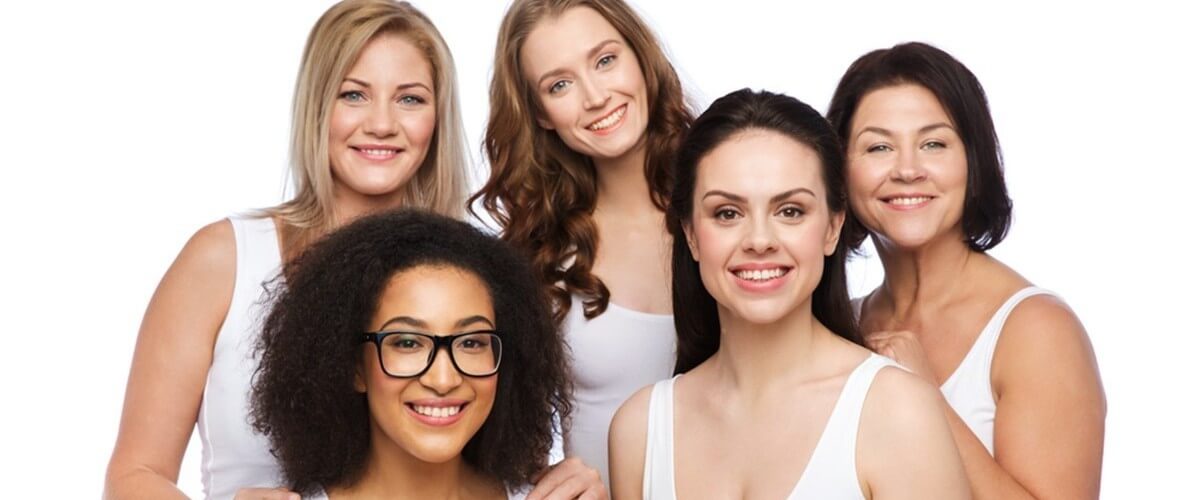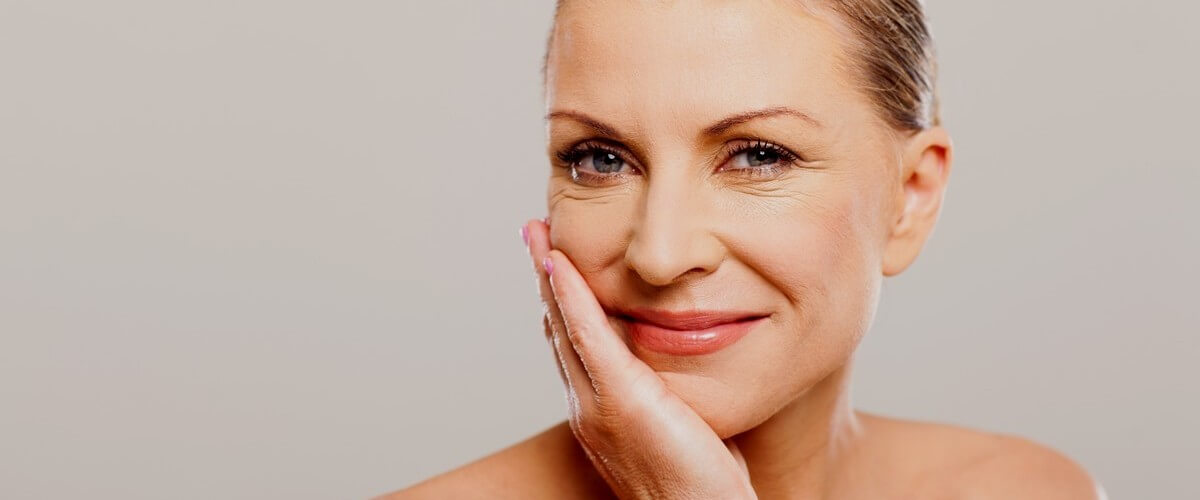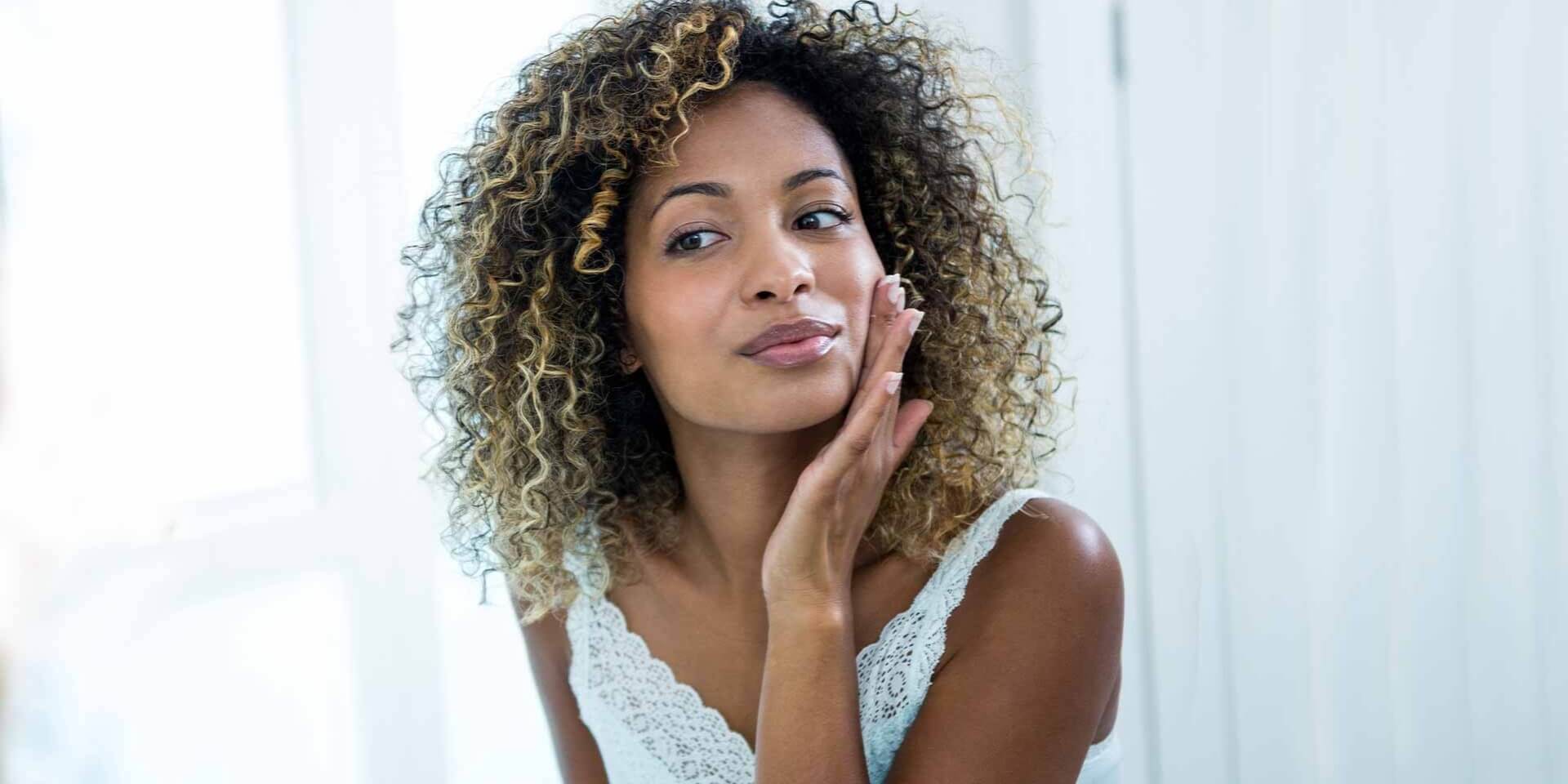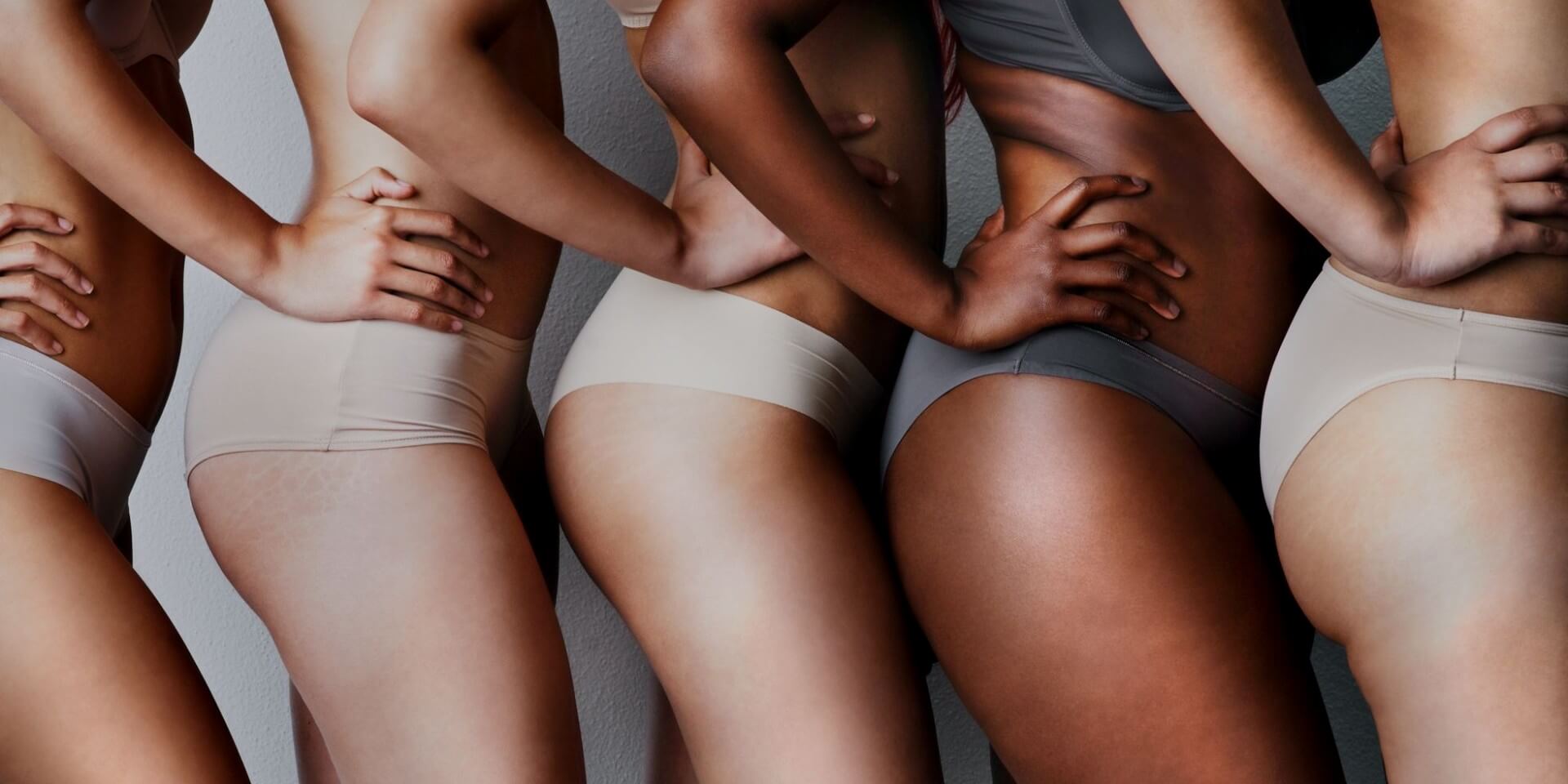No matter how old you are, acne can be a frustrating and embarrassing skin condition. However, if you’re in your 20s, 30s, or 50s and struggling with acne, know that you’re not alone. While acne is most common in teens and young adults, many people of all ages deal with breakouts. The good news is that plenty of effective treatments are available to help clear up your skin. In this blog post, we’ll share tips on getting rid of acne at any age.
Acne at 20: The Hormonal Revolution
The young body experiences the consequences of a rampage of hormones from the transition period until about 30. It means that their performance is constantly changing. For example, too much sebum is produced. It happens when the glands can’t cope, and the pores become clogged. As a result, inflammation appears. Treatment usually involves using cleansers containing glycolic acid or retinoids. Sometimes moderate acne is treated with antibiotics or birth control pills, but these should only be taken under medical supervision.
Daily care for 20-year-olds:
- Clean your skin in the morning and evening. Use products that are gentle on your skin. Do not rub your skin too hard – this will help avoid spreading bacteria and further damage to the skin.
- Care products should be specific. For example, some products are only for people who have skin problems.
- Look at the ingredients in care products. For example, they should not have oils that can cause inflammation.
- Wearing sunscreen on your face is the best way to keep acne from turning into age spots.

Acne at 30: Stress
Unfortunately, 30-year-old men and women can experience acne even if they haven’t had skin problems. Most likely, their appearance was provoked by: stress, an abundance of fatty foods, inappropriate care products, too greasy makeup bases, and bad habits. In adults, acne most often pops up around the mouth, chin, and neck. However, they can also be on the back, shoulders, and chest.
5 skincare rules for 30-year-olds:
- Facial hygiene should be constant and conscientious. You should use appropriate cosmetics for problem skin. It is important, as cleansing helps accelerate skin regeneration and oxygenation, which has a beneficial effect on the face.
- In the morning, use skin care products with active ingredients such as retinol, azelaic acid, and glycolic acid.
- In summer, you should put on sunscreen with a high SPF before going outside, even on cloudy days. Make sure to get sunscreen that does not clog pores and does not provoke the appearance of inflammation.
- Try adding a calming, anti-inflammatory cream to your evening skincare routine that will help to neutralize redness. It could be a local action cream that you apply to just the affected areas or one that can be applied to your entire face, neck, décolleté, and shoulders.
- Too tight makeup can hurt your skin and make it red and swollen.
- Clean your face, neck, and chest area twice daily.
- Put lotion on your skin, so it does not dry out. Excess cleansers can make your skin dry, so it is essential to moisturize it.
- Use sunscreen every day, not just during summertime.
- You can help your skin look better by adding peptides and retinoids to your skincare routine. Peptides promote skin regeneration, and retinoids help regulate sebaceous glands.
- If you want to make your skin look younger, use a cream or vitamin C serum. It will also help if you include this vitamin in your diet.

Acne at 50: Low Estrogen and Progesterone
Starting at age 30, the skin begins to age more quickly. It becomes less firm and elastic. Wrinkles and age spots appear. If you take care of it properly, by the age of 50, the situation can be good. The problem is that during this period, estrogen and progesterone levels decrease, causing a hormonal imbalance that activates the sebaceous glands and causes acne. This problem can only be solved with an endocrinologist who will help to equalize the hormonal background and improve the situation.




